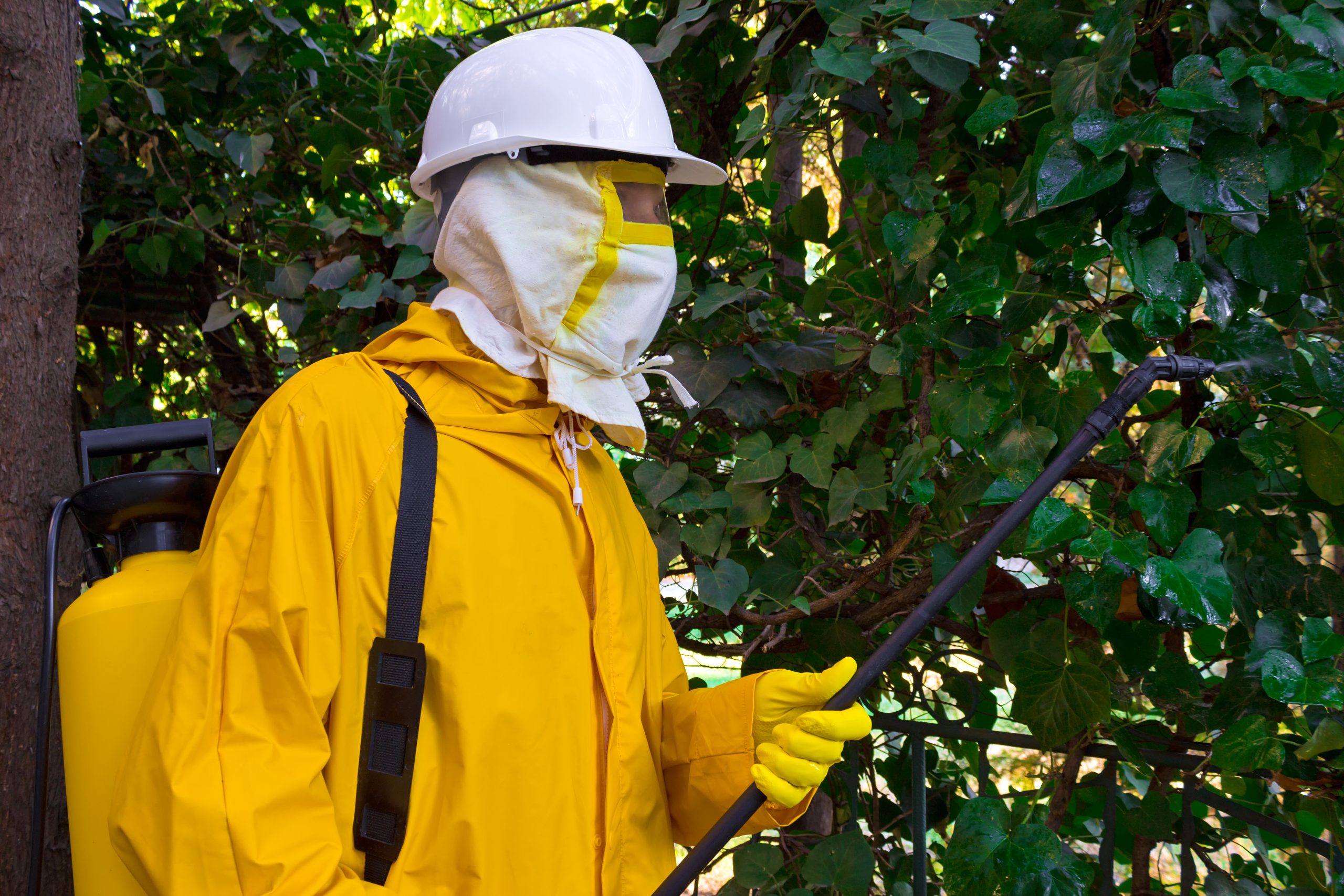Maryland Stepping Up Against Dangerous Pesticides
April 08, 2016
Bee Colony Collapse, Honey Bees, Honey Industry
The fight to preserve honeybee populations is an ongoing struggle, and while some states have found success amidst the uncertainty and reported colony collapses, there are still plenty reporting mass losses in honeybees and honey shortages. While the exact cause is still under debate, many researchers believe a contributing factor to colony collapses is the widespread use of household pesticides, specifically those containing neonicotinoids.
Maryland has the misfortune of being a state suffering from mass honeybee mortality and has lost 60 percent of its hives. With so many beekeepers reporting dead hives—some with 20,000 bees apiece—they have joined with academics and conservationists in convincing MD’s General Assembly the mass honeybee deaths in four years are due to these deadly pesticides. Both chambers passed bills that would ban stores from selling products containing neonicotinoids. The hope is these bills will be combined into one legislation for the governor to sign, which would keep these pesticides away from amateurs and with farmers and professionals who know how to safely apply them. Maryland would be the first state to ban pesticides that harm honeybees.
Neonicotinoids have been used since the '90s for the belief they were safer for honeybees (they seep into plants rather than just coating the surface). While some researchers insist there’s not enough evidence to suggest pesticides are causing colony collapses, others are building the case that they are—even the EPA has launched a large scale review, and an independent task force of scientists concluded neonicotinoids are a key factor in honeybee declines after reviewing thousands of studies. “There were very strong votes in both Houses,” said Del. Anne Healy, who wrote the bill banning these pesticides. “The public is very much in favor...of doing something to protect our pollinators.”
There has been resistance within Maryland to accept this bill, particularly from the MD Dept. of Agriculture, who says there’s too little scientific evidence linking honeybee deaths to neonicotinoids. Supporting its statement is a national survey concluding “no neonicotinoids were found in MD pollen samples, and fewer pesticides overall were detected when compared to the national average.”
The Dept. also stated the money needed to enforce this law isn’t feasible, costing roughly $1 million the first year and each year after. The law also ignores the likelihood of other factors contributing to honeybee losses including poor nutrition via lack of food diversity and varroa mites carrying pathogens—a law focusing on one factor may not provide the necessary impact, according to Sen. Shirley Nathan-Pulliam.
While still relatively small in the face of colony collapse disorder, MD’s bills have a chance to mitigate at least one factor putting everyone’s favorite pollinators at risk, though hopefully other dangers are not forgotten in the midst of the bills passing.


.jpg)




